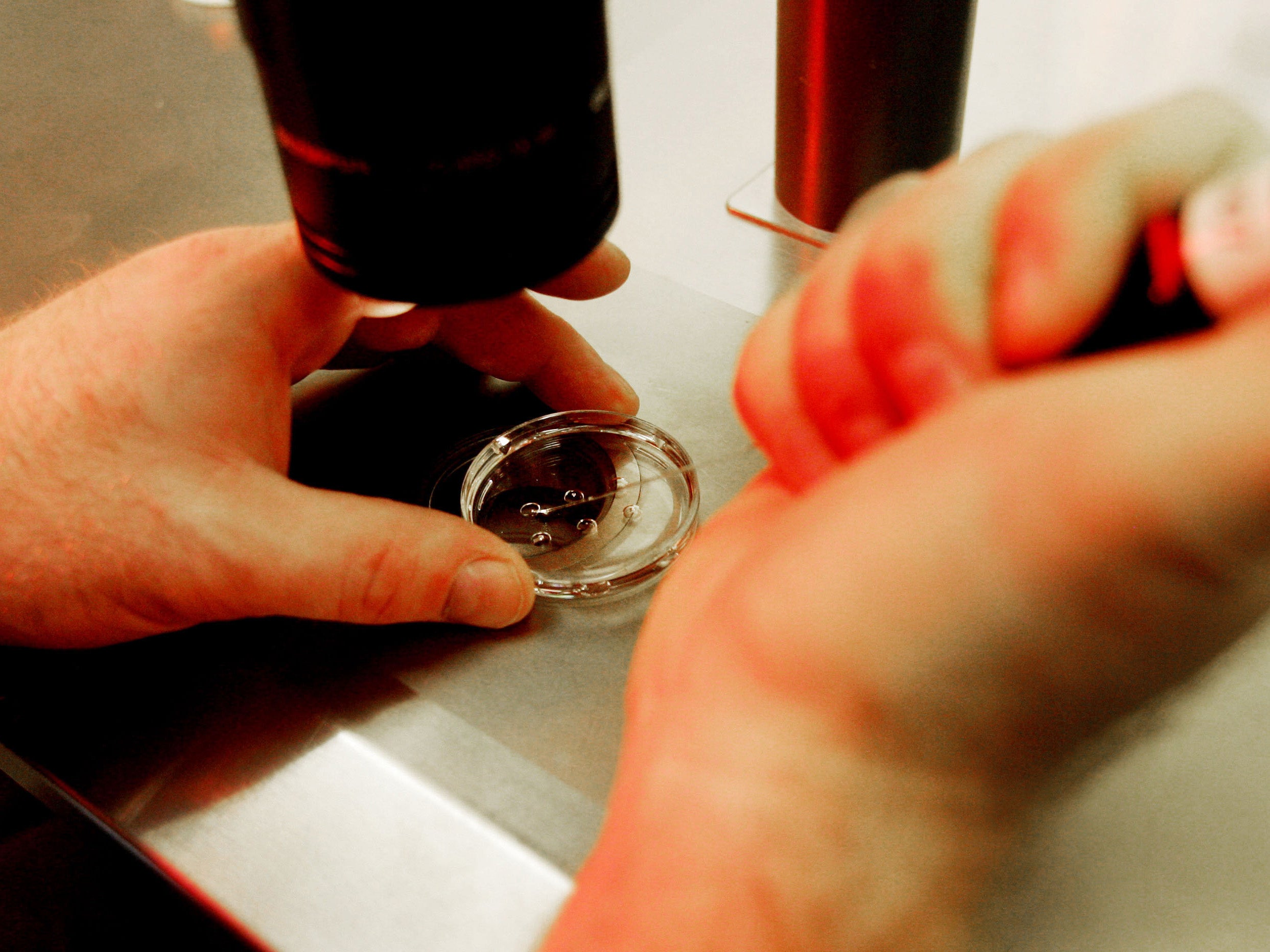Doctor who ‘used own sperm to impregnate patient’ was former Mormon temple president
Retired obstetrician Dr Gerald Mortimer faces accusations of fraud and medical negligence

A fertility doctor accused of secretly using his own sperm to impregnate a patient undergoing artificial insemination previously served as the president of a Latter-day Saints Church temple.
Dr Gerald Mortimer, a retired obstetrician gynaecologist originally from Utah, faces accusations of fraud, medical negligence, battery, emotional distress and breach of contract, according to a lawsuit filed last week.
According to a news release from The Church of Jesus Christ of Latter-day Saints dated October 2009, Dr Mortimer was announced as the president of a temple in Cebu in the Philippines, the Salt Lake Tribune reported.
The Independent has reached out to the Church for a comment.
Last week it emerged that 36-year-old Kelli Rowlette was suing Dr Mortimer after she discovered via an Ancestry.com DNA test that he had used his own sperm to impregnate her mother.
Ms Rowlette, of Washington state, sent off her genetic sample to the genealogy website last year, but assumed there had been a mistake when the DNA did not match that of her own father.
Instead, the test showed her DNA matched a sample from Dr Mortimer, from Idaho Falls.
The lawsuit states Ms Rowlette was not aware her parents had struggled to conceive and did not know her mother had undergone artificial insemination.
In the early 1980s, it states, Ms Rowlette’s parents, Howard Fowler and Sally Ashby, were married and living in the Idaho Falls area.
The couple were having a trouble conceiving and Dr Mortimer diagnosed Mr Fowler with a low sperm count and Ms Ashby with a tipped uterus.
He recommended Ms Ashby undergo artificial insemination using sperm from her husband and an anonymous donor who matched the couple’s specifications.
Dr Mortimer told the couple he had found a donor matching their requirements, but the lawsuit states that he performed the procedure using his own sperm. He did not match the couple’s specifications.
The doctor delivered his own child in May 1981 and cried when the couple moved away to Washington state several years later, according to the lawsuit.
Last year, after receiving the DNA results from Ancestry.com, Ms Rowlette came across her birth certificate which had been signed by Dr Mortimer.
A spokesperson for Ancestry.com told the Washington Post that the genetic testing “helps people make new and powerful discoveries about their family history and identity”.
“We are committed to delivering the most accurate results, however with this, people may learn of unexpected connections,” the statement read.
Bookmark popover
Removed from bookmarks